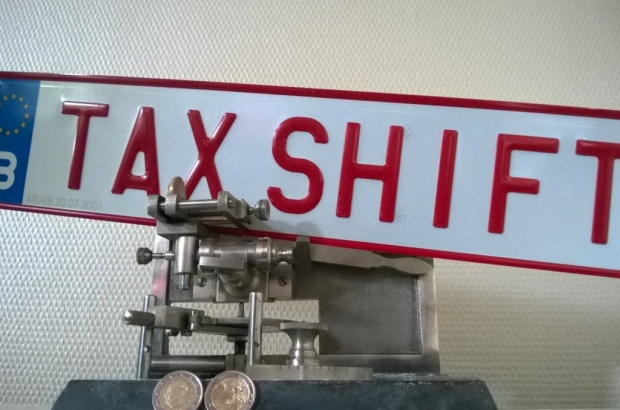- Daily & Weekly newsletters
- Buy & download The Bulletin
- Comment on our articles
What's new for 2016? Changes affecting everyday life in Belgium
The new year brings with it a raft of changes affecting everyday life in Belgium, from how much tax you pay to the cost of sending a letter. Here are some of the key changes affecting residents in areas from healthcare and business to benefits and property.
Tax
The "tax shift" - a rearrangement of taxation aimed at allowing workers to take home more at the end of the month by shifting the burden of taxation elsewhere - comes into force on January 1. Between now and 2019, those on lower and middle incomes will pay less in deductions and take home between €91 and €140 a month more than at present, with the lower-paid gaining more. That means a minimum of €100 extra a month for everyone earning less than the average wage of €2,800 a month gross. About 2.2 million people will be affected.
To balance the reduction in income tax, some “non-essential” products will cost more, including alcohol, cigarettes and rolling tobacco. New to the list are soft drinks, where a tax of three cents a litre is added. The price of diesel is also going up.
Other measures contained in the package include a cut in social charges for self-employed people operating as sole trader from 22% to 20.5%; a 33% speculation tax on the sale of shares within six months of purchase; an increase in income benefits and minimum pension and a reduction in the employer’s contribution to social charges from 33% to 25%. Firms hiring their first employee are exempted from paying social charges for the entirety of that worker's time spent there.
Home help
Service cheques (titres-services) used to pay cleaners and other forms of home help are now managed by each of the three regions, instead of being a national scheme. The procedure for ordering cheques from Sodexo remains the same, but the bank account details for making your payment have changed. The price remains unchanged at €9.
Health
A plan that allowed dentists to charge a supplement for patients who had not been seen in the previous year has been postponed to 1 February, after the legislation was delayed. The plan aims to encourage regular preventative visits to the dentist. Cosmetic surgery procedures now attract VAT at 21% - a move that has been criticised by doctors' unions and could generate €80m a year for the Belgian state. Reconstructive surgery following an accident remains VAT-exempt.
Postage
An ordinary letter to a Belgian address now costs €0.79, or €0.74 if you bulk buy 10 stamps at once. Sending a letter abroad becomes a few cents more expensive, at €1.23 for a European country and €1.45 for elsewhere in the world - with a 10 cent discount if you buy five stamps in one go. Bpost takes on the contract to deliver daily newspapers from the new year.
Eating out
Paper luncheon vouchers (chèques-repas) are scrapped, with the system becoming electronic-only. The maximum value per voucher increases from €7 to €8. All bars and restaurants that make at least €25,000 a year from the sale of food must have an "intelligent" till installed, which itemises every sale made in a bid to reduce fraud.
At home
VAT on the renovation of homes that are between five and 10 years old increases from 6% to 21%. Only homes more than 10 years old now benefit from the reduced 6% rate. The cost of electricity will rise substantially. The average household, which paid €676 in 2015 will now face a bill of €911 on the same consumption. The average gas bill, on the other hand, will go down by about €100 to an average €1,193. A new sliding scale for water charges has been introduced: Households using little drinking water will be charged at a lower tariff than high users, with special conditions for the handicapped and those on benefits. Water bills for second residences go up. Smoke detectors are compulsory in all rentals more than 70 years old, with the responsibility on landlords to fit and maintain them. More recent buildings are already covered.
Security
A new database containing detailed information on people suspected of involvement in radical Islamist activity comes into force. Belgium's terror threat analysis body Ocam has a new boss in Paul Van Tigchelt.
Photo: MvanWunnik/Flickr. Licensed under Creative Commons










Comments
Has anyone been told anything about a medical deduction being cancelled? In previous years there had been 3000€ deductible effectively for non covered health expenses and I've been told that this doesn't exist anymore. true?